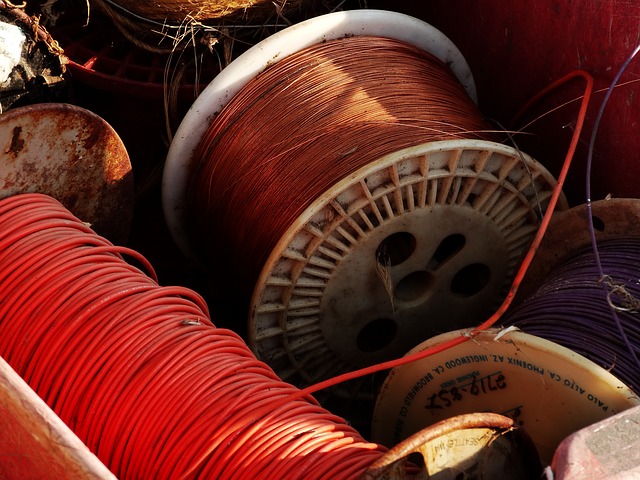
There is no doubt that not having an internet connection is the worst thing in the world. But, in reality, there is something that’s much worse and what is that? Having a slow internet connection can actually be one of the most frustrating things that you have to deal with. Before the advent of wireless internet, there was wired and dial-up internet. This is when the phone line was used for connecting to the internet. Fast internet was deemed as a luxury because you never knew how successful the connection would be. Then came the time of broadband connections when speeds of 2 to 10mbps became mainstream.
However, copper wires were still used as the transmission medium for broadband connections. Now, copper wires are being replaced with fiber optic cables because the latter is made from hair-like glass fibers, which carry light impulses transmitted by a laser or an LED. The data is transmitted in the form of light and leads to minimal losses. Apart from that, these cables have some properties that have made them superior to the conventional copper wires that were used. First and foremost, fiber is capable of providing more bandwidth as compared to copper and offers standardized performance of up to and more than 10 Gbps, something that copper wires cannot do.
The greater bandwidth means it is possible for fiber optic cables to carry more information with better efficiency as compared to copper wires. As mentioned above, data is transmitted in the form of light in fiber optics so there is very little loss of signals and data can be sent over greater distances and at higher speeds. Apart from that, in contrast with copper cables, fiber optic ones are lighter and thinner, which means they can be used a great deal more efficiently in underground pipes. Another appealing feature of fiber optics is that it is also a lot stronger. As a matter of fact, its pulling tension is eight times that of copper wires.
A common problem with copper wires is that they are quite susceptible to electromagnetic and noise interference. There is a decline in quality in copper wires over a distance of two kilometers, but this is something you do not experience when fiber optic cables are in use. Nonetheless, some people find the cost of these cables quite high and copper wires seem cheap in comparison. But, in the long run, fiber optics have less cost in terms of maintenance and also require less networking hardware, something that its copper counterpart doesn’t share.
Moreover, copper wires are also affected by some environmental factors, which is not applicable to fiber optics as their core is made of glass. It functions as an insulator and doesn’t allow any electric current to flow through. Also, fiber can be submerged in water and it is not very susceptible to fluctuations in temperature, but the same cannot be said for copper wires.
Hence, the time has come when copper wires should be replaced with fiber optic cables as the technology has a lot of potential and is improving exponentially.








![Watch Video Now on xiaohongshu.com [以色列Elevatione perfectio X美容仪 perfectio X 全新仪器黑科技了解下]](https://www.techburgeon.com/wp-content/uploads/2019/07/perfectiox-singapore-150x150.jpg)
